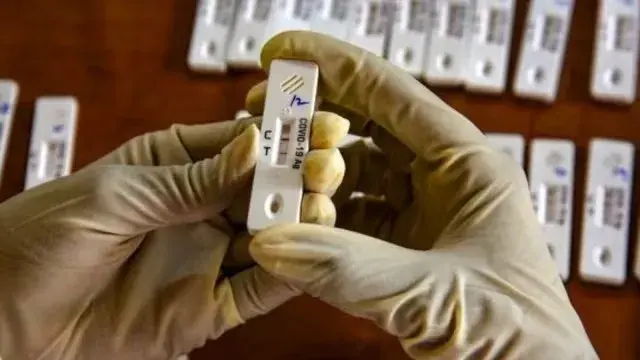Gaza’s Governance Uncertain as Four Competing Models Take Shape
As a fragile cease-fire holds in Gaza, four competing models for the territory’s governance are emerging, with no clear direction yet established: Hamas Control – Despite suffering significant losses, Hamas still holds power over much of Gaza and seeks to maintain its authority. Israeli Military Presence – Right-wing Israeli leaders advocate for continued military control, possibly expanding their occupation if necessary. International Oversight – Foreign security contractors, invited by Israel, are already managing a key checkpoint in northern Gaza. Some officials suggest this could evolve into broader international stewardship, potentially involving Arab states. Palestinian Authority Administration – The Palestinian Authority (PA), which lost Gaza to Hamas in 2007, has begun staffing the Egypt-Gaza border alongside European security officials, hoping to extend its role across the entire territory. The future of Gaza’s governance will likely hinge on U.S. policy, with Donald Trump set to discuss the issue with Israeli Prime Minister Benjamin Netanyahu in Washington. Saudi Arabia could also play a decisive role if it agrees to normalize relations with Israel in exchange for a specific governance structure in Gaza. Source: Business Standard
Gaza’s Governance Uncertain as Four Competing Models Take Shape Read More »




